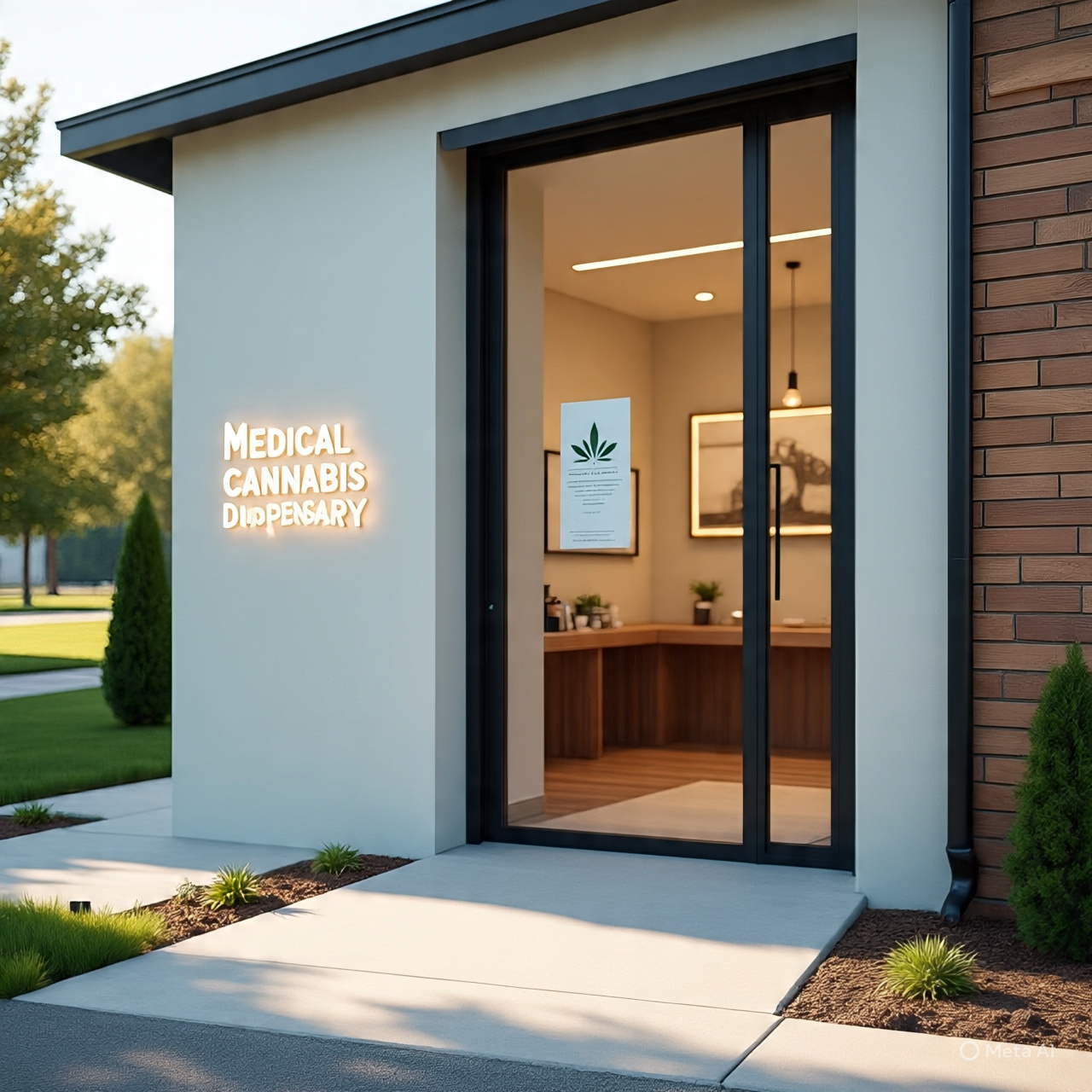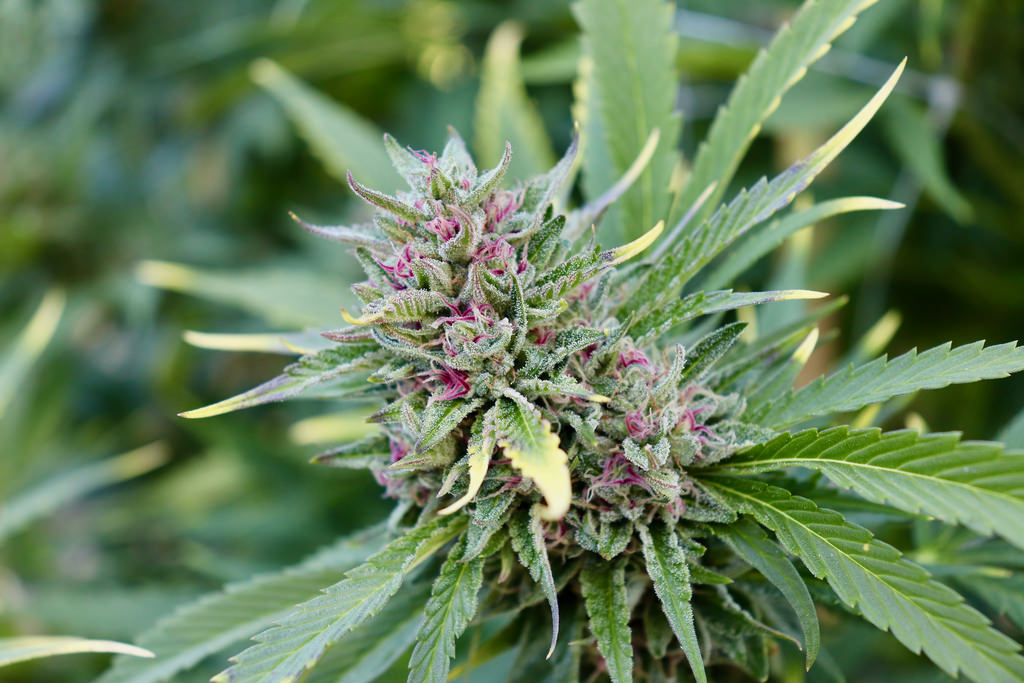HISTORICAL BACKGROUND & LEGAL CONTEXT
Role of Clinics in UK Cannabis Access
MEDICAL LEGALISATION IN 2018
The UK legalised medical cannabis under the Misuse of Drugs Regulations in November 2018. However, it remains a Class B (for recreational use) and Schedule 2 controlled substance for medicinal use .
Initially, this change was hailed as a revolution. Yet, GPs cannot prescribe medical cannabis—only specialist doctors (consultants on the GMC Specialist Register) can .
NHS VS PRIVATE PRESCRIBING
The NHS has been slow to adopt. Only a handful of patients—mainly those with severe epilepsy, MS-related spasticity, or chemotherapy-induced nausea—receive NHS prescriptions for licensed products like Sativex and Epidyolex .
For most other conditions, private clinics fill the gap. As of early 2024, around 30,000–45,000 patients access treatment privately, compared to only a few NHS-supplied cases .
—
2. STRUCTURE AND FUNCTION OF CANNABIS CLINICS
PRIVATE SPECIALIST HUBS
Over 50–40 licensed private clinics, with 140+ prescribers, operate across the UK .
Examples include Curaleaf (Harley Street), Releaf, Can° Clinic, Mamedica, Sapphire, Lyphe, and Grow Pharma .
MULTIDISCIPLINARY CARE MODEL
Clinics employ a team of specialists, pharmacists, patient advisors, and administrative staff.
They conduct remote or face-to-face consultations, GP record reviews, and multidisciplinary team (MDT) discussions before prescribing .
—
3. NAVIGATING THE PRESCRIPTION PROCESS
3.1 ELIGIBILITY CRITERIA
To qualify for treatment, patients generally must:
1. Have a diagnosed condition that could benefit from cannabis-based treatment .
2. Have tried ≥2 licensed treatments (or therapies like CBT, physiotherapy) without success .
3. Provide medical records or Summary Care Record (SCR) .
3.2 CONSULTATION & MDT REVIEW
After triage, patients undergo a consultation with a specialist, during which medical history, prior treatments, and cannabis experience are discussed .
The case is then reviewed by an MDT, who decides if cannabis is appropriate .
3.3 PRESCRIPTION & DISPENSING
A hard‑copy prescription (Schedule 2) is issued and sent to a pharmacy, which contacts the patient to arrange payment and delivery.
Deliveries typically take 5–14 days, with some delays due to supply shortages .
Patients must follow a titration schedule and attend follow-up consultations at ~2 weeks, 1 month, and quarterly .
—
4. PRODUCT TYPES & QUALITY CONTROL
LICENSED VS UNLICENSED PRODUCTS
Only products with MHRA approval—like Sativex, Epidyolex, and Nabilone—are recommended by NICE for NHS use .
Private clinics frequently use unlicensed products: cannabis flower, oils, tinctures, capsules, vapes, and edibles .
QUALITY & SUPPLY CONCERNS
Many clinics import from Canada or Portugal, leading to supply inconsistency, which leaves patients waiting weeks without medicine .
A UK-based grower, Glass Pharms, launched pharma-grade domestic cultivation, improving supply reliability .
The Cannabis Industry Council (CIC) published a Good Practice Guide (October 2024) with 10 key principles—quality assurance, CQC compliance, staff training, reviews, data protection, and product purity .
—
5. PATIENT EXPERIENCE & ACCESS
STREAMLINED PROCESS
Clinics offer a one-stop shop, bypassing lengthy NHS routes like GP referrals and specialist waitlists .
Many consultations are remote, allowing faster access. Clinics like Lyphe charge £49.99 for initial consultations .
PATIENT-CENTRED CARE
Clinics emphasize education, informed consent, discussion of risks, and tailored treatment plans .
Clinics like Curaleaf report “miraculous” improvements in chronic pain and MS .
FINANCIAL BARRIERS
Private cannabis care is expensive. Consultation fees range £49–£210; cannabis flower costs about £4.50/gram; monthly treatment can exceed £2,000, as in some epilepsy cases .
To mitigate costs, access schemes like Project Twenty21, Sapphire, Curaleaf Access Scheme, and Grow Access Project (GAP) offer discounts on consultations or medicine in exchange for participating in real-world data collection .
—
6. SAFETY, STIGMA & PROFESSIONAL RESPONSIBILITY
SAFETY PROTOCOLS
Clinics implement ongoing reviews, titration schedules, mental health screening, and adverse-event monitoring .
They also provide side-effect management (e.g., dry mouth, dizziness) and safeguarding for psychiatric conditions .
COMBATING STIGMA
Cannabis stigma remains, even among clinicians . Clinics aim to educate medical professionals, improve public perception, and treat cannabis with the same care as other medicines .
INTEGRATION WITH NHS SYSTEM
Clinics such as Releaf and Curaleaf have integrated with the NHS Spine to share prescriptions through EPS, improving continuity of care .
Cannabis Industry Council is lobbying for e‑prescribing, better GP involvement, and improved data systems .
—
7. BENEFITS & CASE STUDIES
CLINICAL SUCCESS
Chronic pain: ~25% of Curaleaf’s 15,000 chronic pain patients report ≥30% pain reduction .
Opioid tapering: The case of Georgie Budd shows cannabis helped eliminate opioids .
Epilepsy: Families report huge seizure reduction; e.g., Fallon’s seizures dropped from 200 to <10/month—though at high cost .
Endometriosis: Chloe Durrington was the first recipient of domestic medicinal cannabis and reported improved quality of life .
—
8. CHALLENGES & FUTURE OUTLOOK
CHALLENGES
High costs limit access; some families must sell homes to afford treatment .
Limited NHS uptake due to weak evidence and conservative prescribing culture .
Supply chain fragility causes frequent medicine shortages .
Data scarcity for long-term efficacy and safety hinders NHS integration .
FUTURE DEVELOPMENTS
Glass Pharms’ UK cultivation may stabilize supply and reduce prices .
Role of Clinics in UK Cannabis Access
CIC guidelines and CQC oversight support consistent, safe, professional standards .
Expansion of access schemes, Spine integration, and e‑prescribing could greatly enhance access and patient safety .
Ambitious targets aim for 300,000 UK patients by 2028—up from the current 45,000 .
—
9. CONCLUSION
Cannabis clinics in the UK have emerged as pivotal in providing safe, patient-centred access to medical cannabis amidst NHS inertia. They offer a structured care pathway—from eligibility screening, through specialist evaluation and pharmacy dispensing, to follow-up—grounded in regulatory compliance and quality standards guided by bodies like the CQC, GMC, and CIC.
These clinics help streamline care, reduce stigma, and deliver life-changing relief—from chronic pain and epilepsy to MS and mental health—often when traditional treatments fall short. However, they face persistent obstacles: cost barriers, supply instability, and the need for robust clinical evidence.
Role of Clinics in UK Cannabis Access
Looking ahead, ongoing enhancements—like domestic cultivation, digital integration with NHS, and standardised data collection—promise to bolster patient safety, affordability, and acceptance. If achieved, these will move medical cannabis from niche private clinics into the mainstream patient care fabric of the UK.
Role of Clinics in UK Cannabis Access





